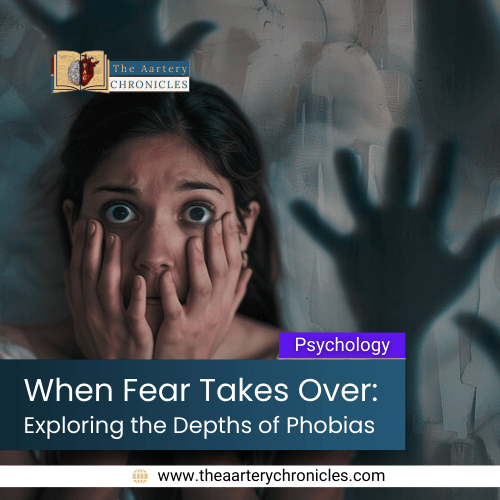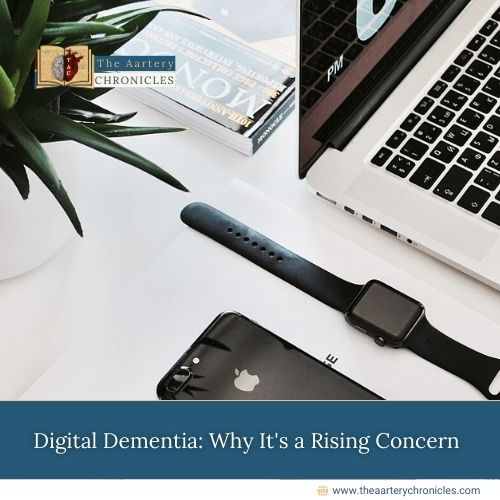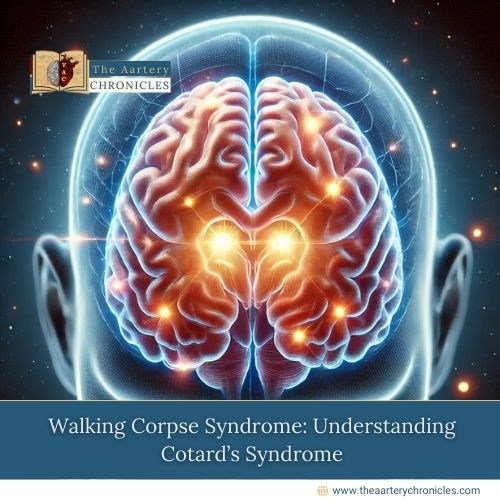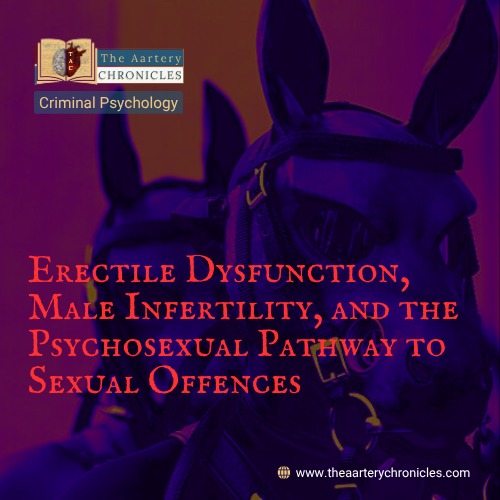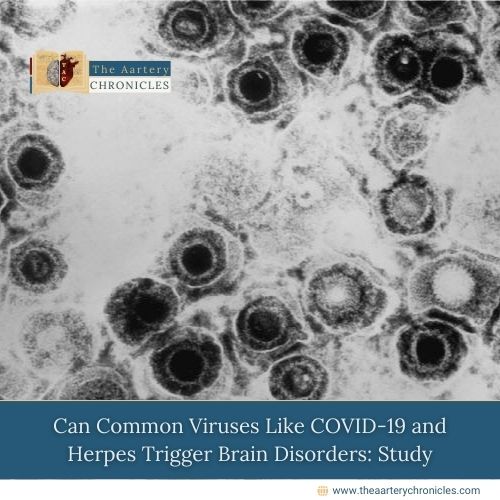

Can Common Viruses Like COVID-19 and Herpes Trigger Brain Disorders: Study
Recent studies suggest a connection between common viruses, including COVID-19 and herpes (HSV-1), and degenerative brain diseases such as Alzheimer’s. Published in the journal ACS Chemical Neuroscience, these findings highlight how viral infections might contribute to the development of neurodegenerative conditions.
How Viruses Impact Brain Health
Scientists have discovered that certain viruses can cause harmful protein buildup in the brain, which may lead to diseases like dementia. Dementia occurs when nerve cells lose their ability to function and eventually die, affecting essential bodily functions such as speech, movement, and even heart activity.
The Role of Tau Proteins
Tau proteins are crucial for maintaining the structure of neurons, particularly the axons that transmit messages between brain cells. In diseases like Alzheimer’s, these proteins become damaged, detach, and clump together into toxic neurofibrillary tangles. These tangles disrupt brain communication, causing cognitive and memory issues.
Experts, such as Professor Karen Duff from the UK Dementia Research Institute, are researching ways to prevent tau damage and protect neurons, aiming to develop effective treatments for Alzheimer’s and similar conditions.
COVID-19 and Brain Function
COVID-19 is believed to harm the brain in multiple ways. Some patients develop encephalitis (brain inflammation), leading to confusion, concentration problems, and memory loss. Others experience symptoms such as fatigue, persistent headaches, and “brain fog,” which can persist long after recovery—a condition known as “long COVID.”
According to Harvard Health, COVID-19 can also trigger psychological disorders, including severe anxiety and depression. In rare cases, it may lead to psychosis.
Link Between Viruses and Alzheimer's
The potential link between viral infections and neurodegenerative diseases has gained attention during the pandemic. Researchers noted similarities between “long COVID” symptoms and those caused by other viruses, such as HSV-1, which has also been linked to Alzheimer’s.
A study published in the Journal of Alzheimer’s Disease revealed that older adults who had COVID-19 faced a significantly higher risk of developing Alzheimer’s within a year of infection.
Key Findings from Research
To explore the connection, researchers exposed cerebrospinal fluid (CSF) from healthy participants to live HSV-1 and inactive SARS-CoV-2 viruses. The exposed samples showed protein clumps, while the unexposed samples did not.
These clumps, known as amyloid plaques, are commonly associated with neurodegenerative diseases such as Alzheimer’s. Interestingly, amyloid plaques are linked to movement disorders like kuru and Creutzfeldt-Jakob disease.
Why This Research Matters
Understanding how viruses may trigger neurological disorders is crucial, especially in the context of the COVID-19 pandemic. Many people experiencing long-term neurological symptoms have renewed interest in studying the connection between viruses and neurodegeneration.
Experts emphasize that uncovering these mechanisms could pave the way for better prevention and treatment strategies for conditions like Alzheimer’s and other brain disorders.
By raising awareness about these findings, researchers hope to inspire further studies and medical advancements to protect brain health.
Source: Inputs from various media Sources



